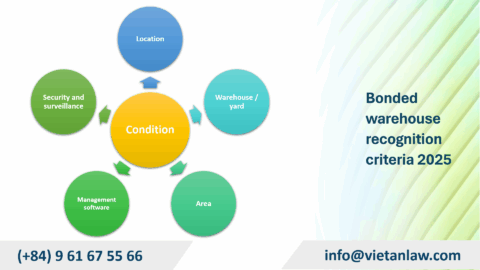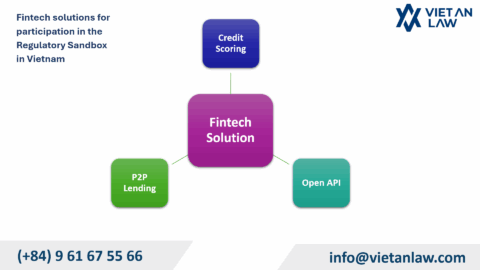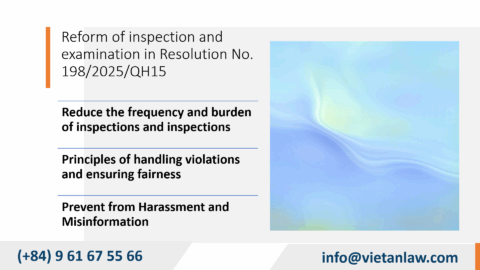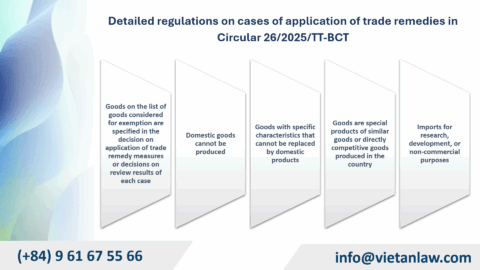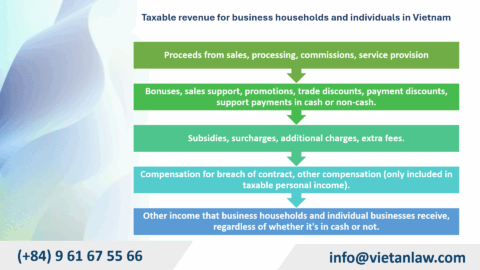On December 30, 2023, the Minister of Health issued Circular 31/2023/TT-BYT, which stipulates the authority to revoke the Certificate of Food Safety. Revocation will be carried out when an establishment fails to meet food safety and hygiene requirements or when the certificate has expired as prescribed by law. To clarify the above issues, Viet An Law Firm will provide information for clients about the authority to revoke the Certificate of Food Safety under Circular 31/2023/TT-BYT.
Table of contents
A certificate of food safety is a document issued to establishments and businesses producing or trading food products/services by the Authority to revoke the Certificate of food safety state authorities.
Food safety certificates serve two main purposes:
According to Clause 1 Article 1 Circular 31/2023/TT-BYT, the scope of this Circular is to regulate the competence to revoke certificates of food safety eligibility under the management of the Ministry of Health. In addition, according to clause 2 of this Article, this Circular applies to Vietnamese agencies, organizations, and individuals and foreign organizations and individuals engaged in food production, trading, and import in Vietnam; state management agencies; and organizations and individuals carrying out food safety-related activities in Vietnam under the management of the Ministry of Health.
According to Article 2 of this Circular, the issuing agencies may revoke the issued certificates of food safety eligibility.
According to Article 35 of the Law on Food Safety, there are 3 competent authorities to grant and revoke food safety certificates, including:
The authority agencies shall revoke certificates of food safety eligibility upon the inspection or upon receiving a request from inspection agencies if detecting that an establishment fails to meet the following conditions: (i) Being not qualified for assuring food safety for food production, processing, and trading suitable to each type of production prescribed in the Law on Food Safety and other relevant legal regulations; (ii) Not registering food business line in its business registration certificate/enterprise registration certificate.
Specifically, the following establishments do not meet the following food safety requirements:
For food service businesses, according to Articles 28, 29, and 30 of the Law on Food Safety, food processing places and people directly processing food must be trained in food safety knowledge and have the establishment owner confirm that they do not have cholera, dysentery, typhoid, hepatitis A, E, infectious dermatitis, tuberculosis, or acute diarrhea while producing and trading food.
For food production and trading establishments, according to Articles 19, 20, 21, 22, 25, 26 and Article 27, specific requirements are as follows:
However, individuals directly involved in production and business must be trained in food safety and certified by the establishment owner and must not be suffering from cholera, dysentery, typhoid, hepatitis A, E, infectious dermatitis, pulmonary tuberculosis, or acute diarrhea while producing or trading food.
Currently, according to the law, all enterprises, when newly established or when adding or changing business lines, must register under the 4-digit industry code of the Vietnamese economic sector system. Therefore, enterprises registering to conduct food business must first register the industry code specified in Decision 27/2018/QD-TTg, which stipulates the list of business industry codes.
Examples of industry codes:
For establishments that do not meet the above requirements, the competent authority, as prescribed, will revoke the Certificate of Food Safety.
Circular 31/2023/TT-BYT takes effect from February 15, 2024.
The Ministry of Health assigns the Department of Food Safety to preside over, and coordinate with relevant agencies to disseminate, guide, and implement; the Departments of Health and Food Safety Management Agencies of provinces and centrally-run cities are responsible for organizing the implementation. If there are any difficulties or obstacles during the implementation process, agencies, organizations, and individuals are requested to report to the Ministry of Health (Department of Food Safety) for consideration and resolution.
If you need advice on food safety regulations, regulations of related amending decrees, civil law, and business law, please contact Viet An Law Firm for the best support.
